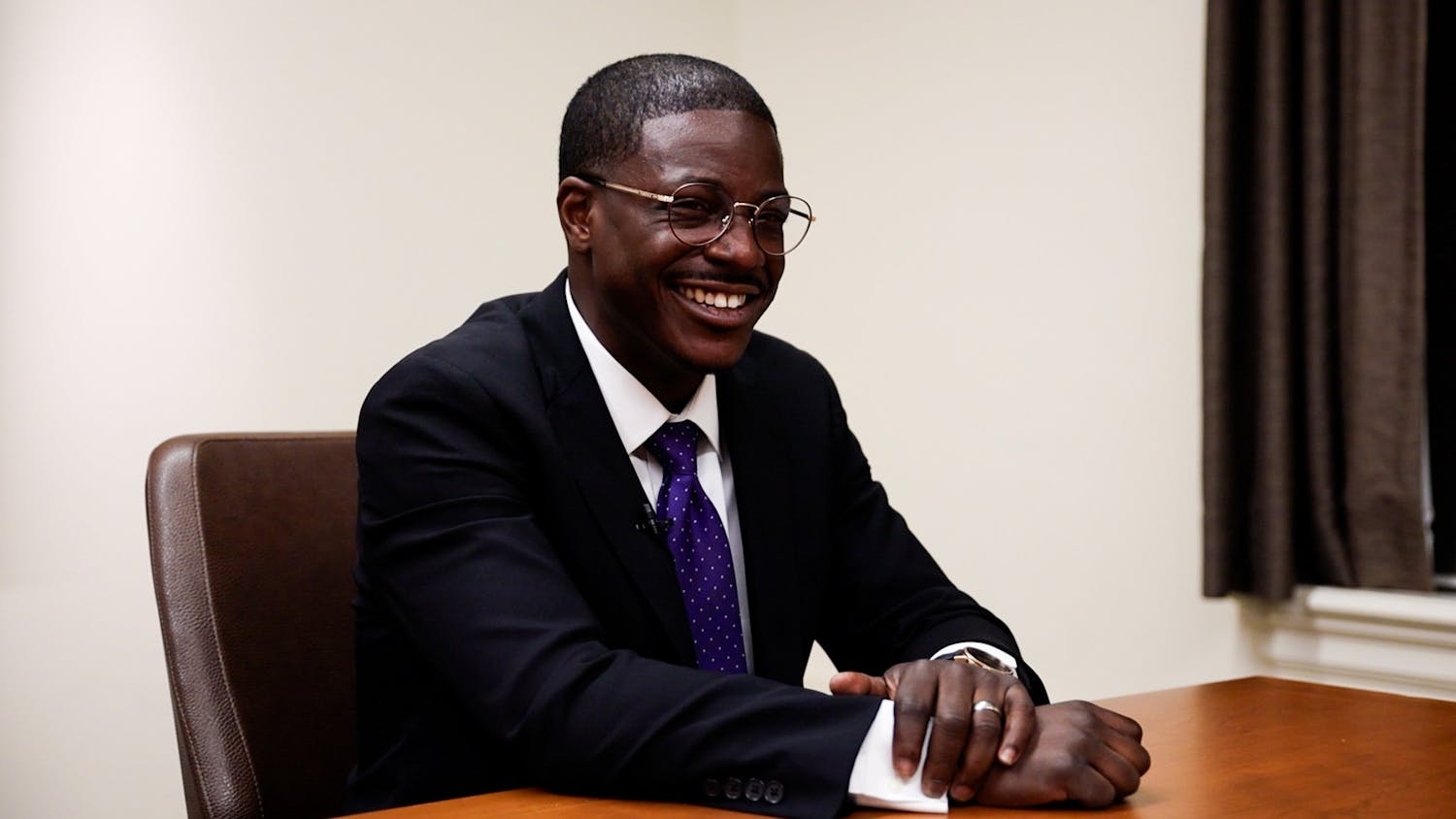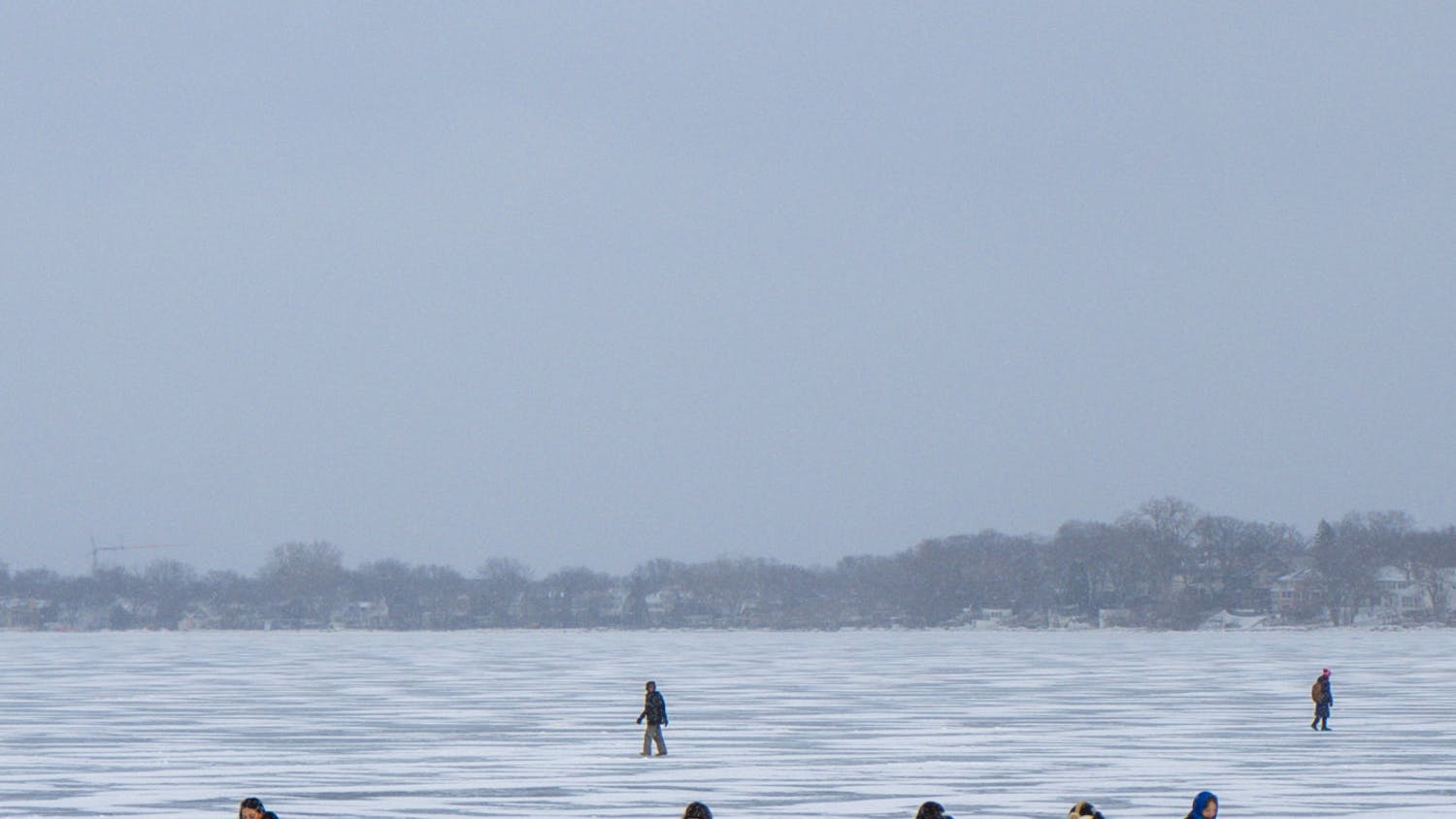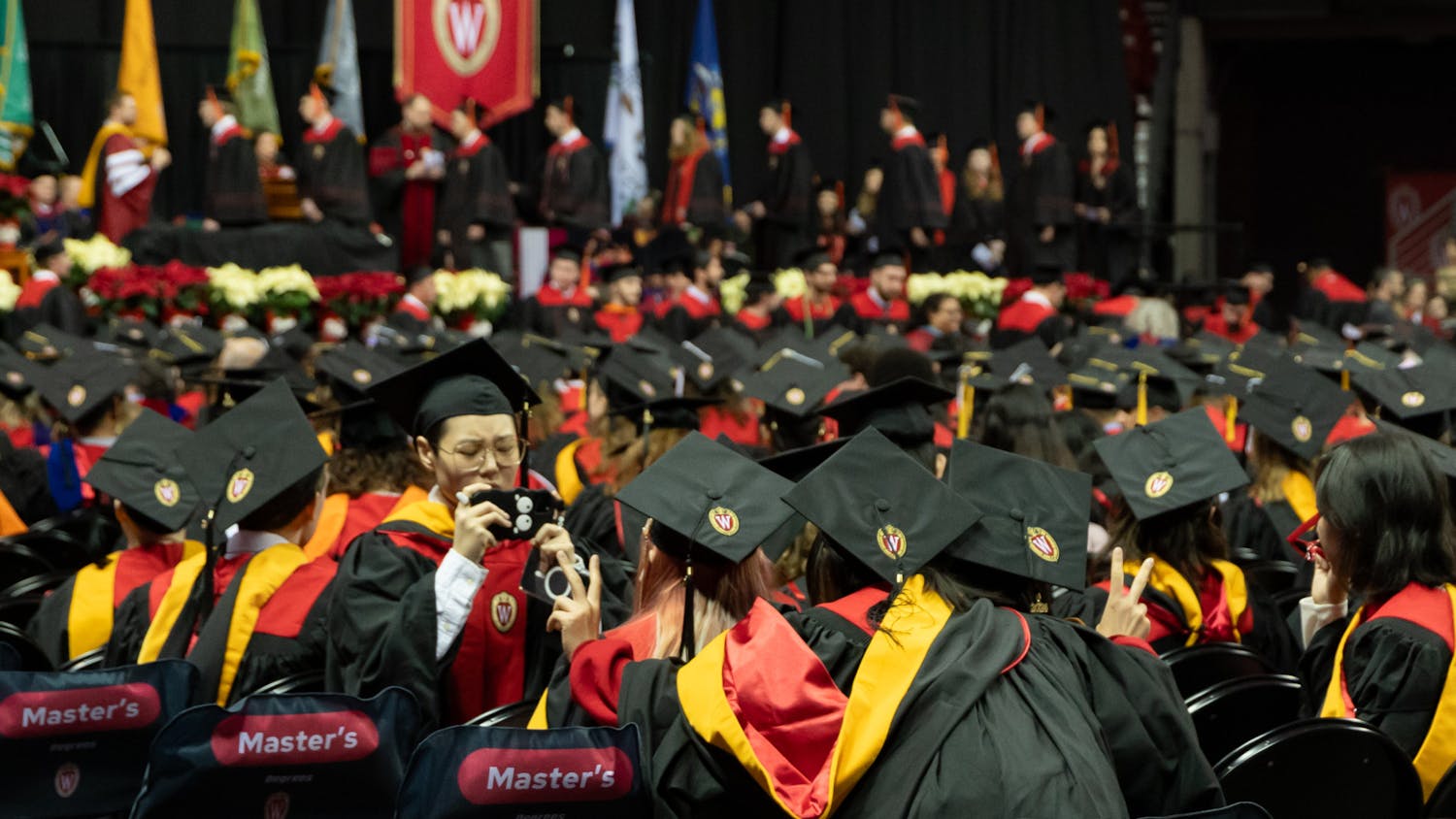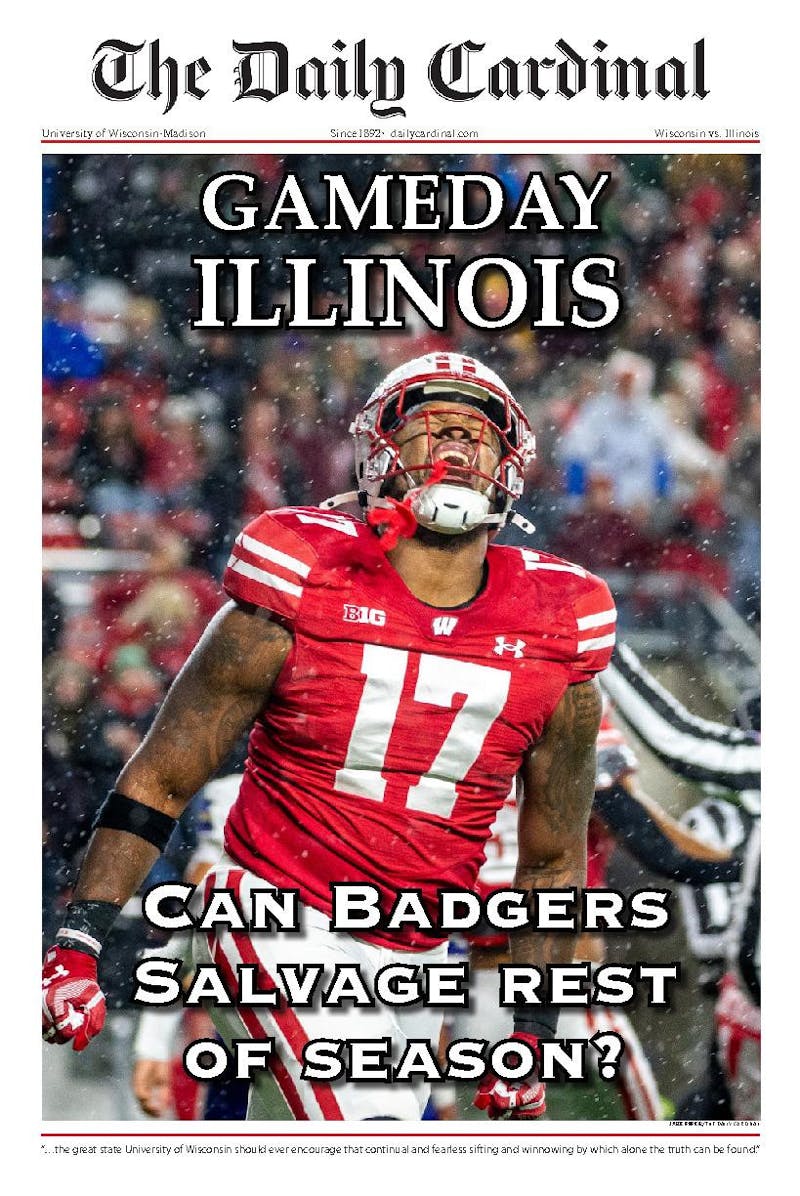World-class swimmers, runners, gymnasts and soccer, baseball and basketball players may be trekking from all over the globe into Wisconsin's backyard, as Chicago was declared the official U.S. city in the running for the 2016 Olympic Games this month.
Chicago was selected as one of three cities to vie for the United States bid on July 26, 2006, by the United States Olympic Committee.
The decision was narrowed to Los Angeles and Chicago, and on April 15 Chicago was named the official U.S. candidate for the 2016 games.
Chicago will now compete against at least six other cities across the world for the opportunity to host the games. Rome, Madrid, Tokyo, Rio de Janeiro and Prague are the other official candidates thus far in the selection process.
An official decision will not be reached until October 2009, but that is not stopping Chicago 2016 planners from considering what bringing the games to Chicago will mean for the rest of the Midwest.
""Bringing the games to Chicago relies heavily on the people of Chicago and the Midwest area. The games will affect many more than the athletes competing, and it's important that Midwestern residents acknowledge that,"" said Mark Jones, official spokesman for the Chicago 2016 Olympic bid.
In Olympic history, the games have never come to the Midwest. This recent bid is Chicago's first attempt to host an international event since the 1933 World's Fair.
The Chicago 2016 slogan, ""Stir the Soul,"" may also reflect the expected boom to the Midwest's economy, as a flood of tourism, construction and new business could flow into the area—particularly Wisconsin.
Chicago Tribune sportswriter Philip Hersh covers the Olympic Games extensively and said the possibility of venues in Wisconsin is being discussed by the Chicago planning committee.
""The soccer venues for the first round are spread throughout the Midwest,"" Hersh said. ""Minnesota and Wisconsin are being talked about as possible sites. There aren't that many soccer-sized stadiums and there is limited space in Chicago.""
UW-Madison geography professor Kris Olds is currently researching international events like the Olympic Games and their widespread effects on host cities and surrounding regions.
""There will probably be some spill-over effects,"" Old said. ""People will probably stay in hotels along the train line and could go as far up as Milwaukee.""
The Olympic Games not only bring superior athletes from across the globe, but they also attract tourism and domestic and foreign business, as well.
""The promise of urban development attracts political and business leaders who recognize the possibilities of money and prestige,"" Olds said.
Applicants have until September 15, 2007, to announce their decision to run for host city. The International Olympic Committee will announce three to five finalists in late 2008 or early 2009. The committee takes into consideration the regional rotation of previous and current games.
""There's a lot of factors that play into this process,"" Olds said. ""Some of it relates to regional aspects, where the previous Olympic Games have been held. The games before the 2016 Olympics will be held in Europe and Asia, so it's more likely simply because of Chicago's location in the Midwest.""





